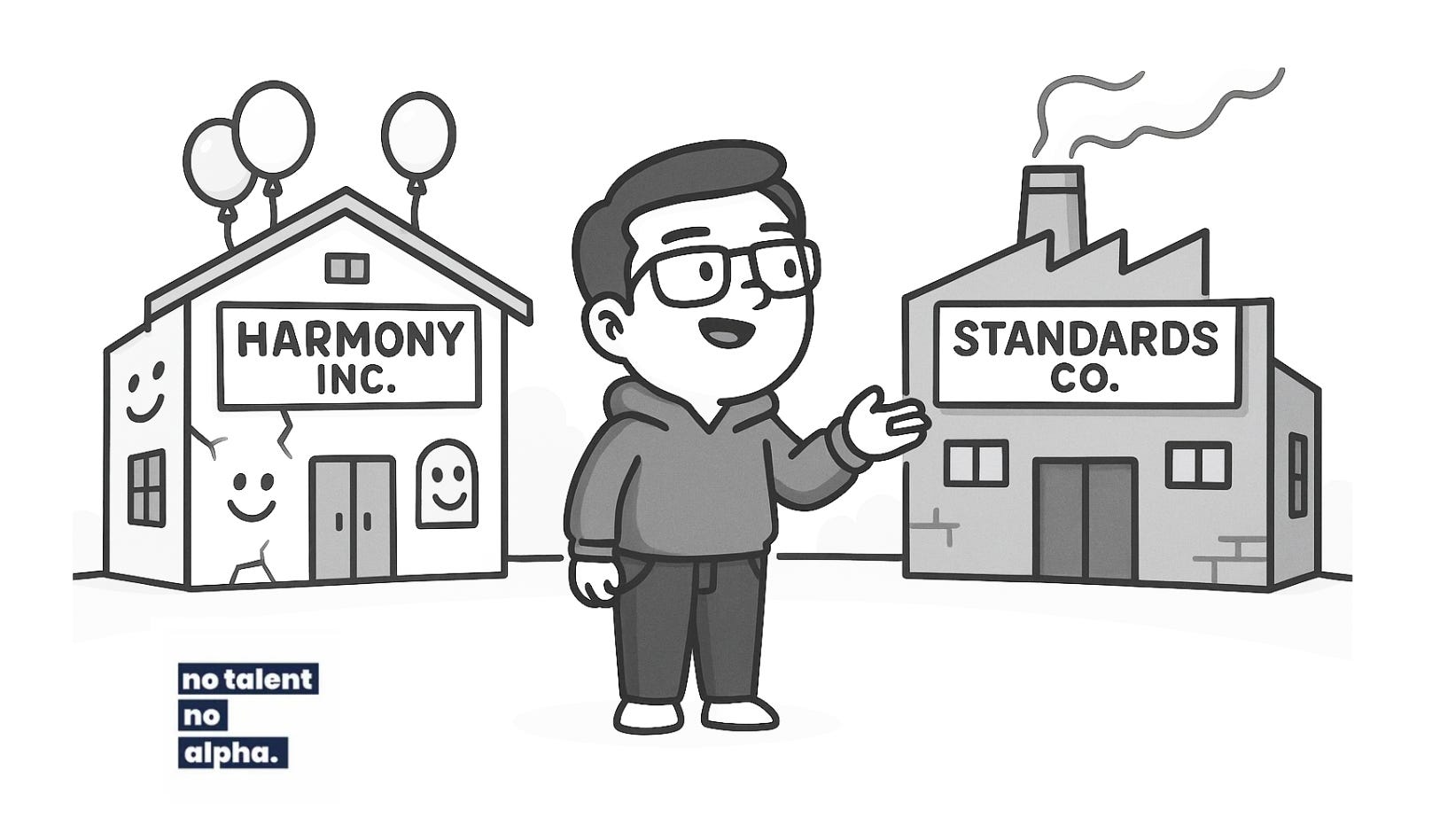The Hidden Cost of Niceness
If Labor Day is about honoring work, then the real way to honor it is by refusing to let harmony masquerade as culture.
Happy Labor Day, everyone!
Labor Day has interesting origins. The first parade was held in New York City in 1882, organized by labor unions to spotlight the grueling conditions workers faced: 12-hour days, seven-day weeks, child labor, and unsafe factories. By 1894, after the violent Pullman Strike shut down rail traffic and left dozens dead, Congress ru…

